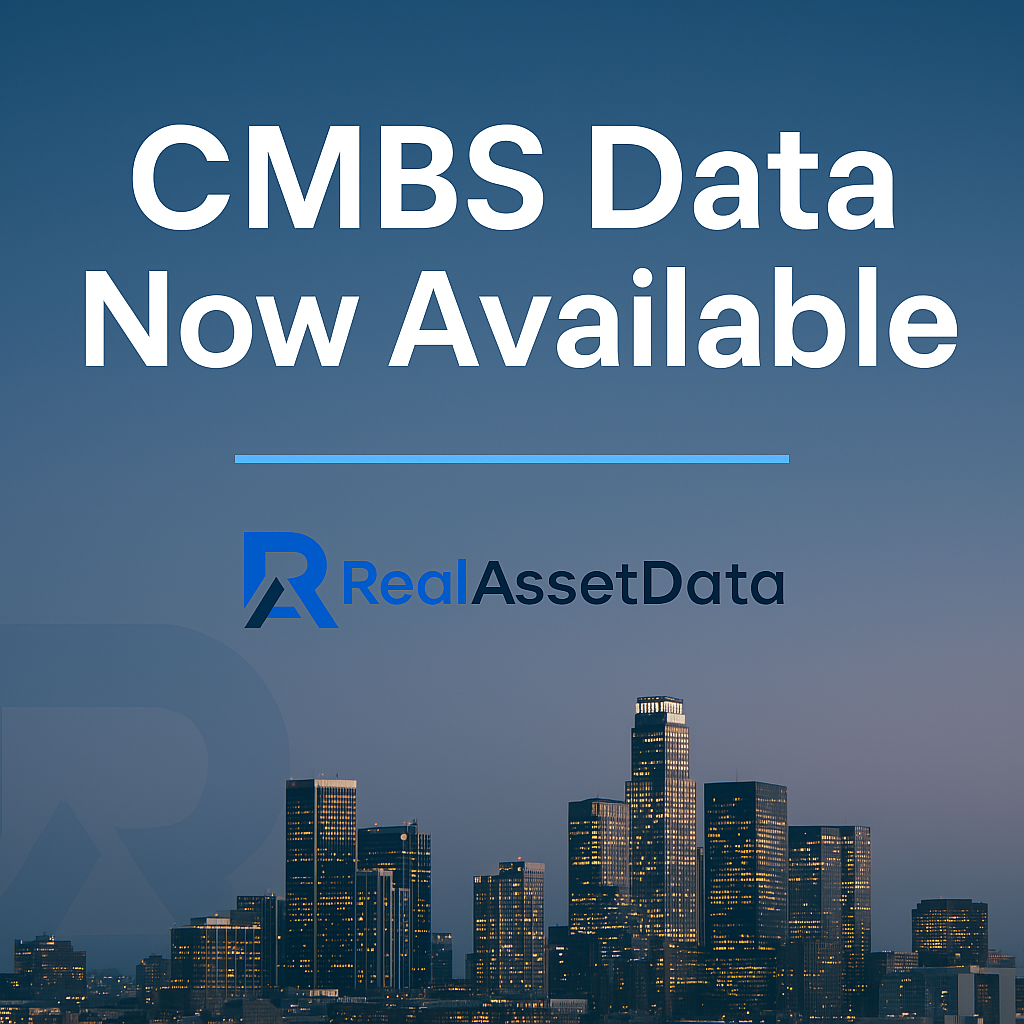
Unlocking Investment Opportunities: How Identifying REIT-Owned Assets Can Transform Market Analysis
In today's dynamic real estate market, investors face numerous challenges when evaluating market selection and capital allocation activities. From navigating market volatility to identifying promising investment opportunities, the landscape is rife with complexities. However, amidst these challenges lies a valuable resource that can significantly enhance investors' decision-making processes: the ability to identify REIT-owned assets.
Understanding REIT Activity: Real Estate Investment Trusts (REITs) are renowned for their role in owning and managing diverse portfolios of real estate assets across various sectors. From commercial properties to residential complexes, REITs play a pivotal role in shaping the real estate market. However, for investors seeking to gain insights into market trends and opportunities, identifying REIT-owned assets is crucial.
Challenges Faced by Investors: Investors evaluating market selection and capital allocation activities often encounter several challenges:
- Lack of Transparency: Traditional market analysis methods may lack transparency, making it difficult for investors to identify the ownership of specific properties.
- Market Volatility: Fluctuations in market conditions can complicate investment decisions, leading to uncertainty and risk.
- Data Overload: With vast amounts of data available, investors may struggle to extract actionable insights quickly and efficiently.
- Regulatory Compliance: Navigating regulatory requirements and compliance issues can add layers of complexity to the investment process.
Benefits of Identifying REIT-Owned Assets: The ability to identify REIT-owned assets offers several compelling benefits for investors and data-driven companies operating in the real estate sector:
- Enhanced Market Insights: By pinpointing assets owned by REITs, investors gain a deeper understanding of market dynamics, trends, and investment opportunities.
- Data-Driven Decision Making: Access to reliable data on REIT-owned assets enables investors to make informed decisions based on comprehensive market exposure and insights.
- Improved Risk Management: Identifying REIT-owned properties allows investors to assess market risks more accurately and adjust their investment strategies accordingly.
- Accelerated Transactions: Data and SaaS companies leveraging REIT owner portfolios can deliver meaningful content and insights to investors, facilitating faster and more insightful transaction decisions.
In an increasingly competitive real estate market, the ability to identify REIT-owned assets is a game-changer for investors and data-driven companies alike. By harnessing this valuable resource, investors can unlock investment opportunities, mitigate risks, and make data-driven decisions with confidence. As the market continues to evolve, leveraging insights from REIT-owned assets will be essential for staying ahead of the curve and maximizing investment returns. Finally, being able to track REIT activity across submarkets adds a meaningful layer of insight on market selection decisions.
Powered by Froala Editor


 2025-04-07 23:29:35
2025-04-07 23:29:35
